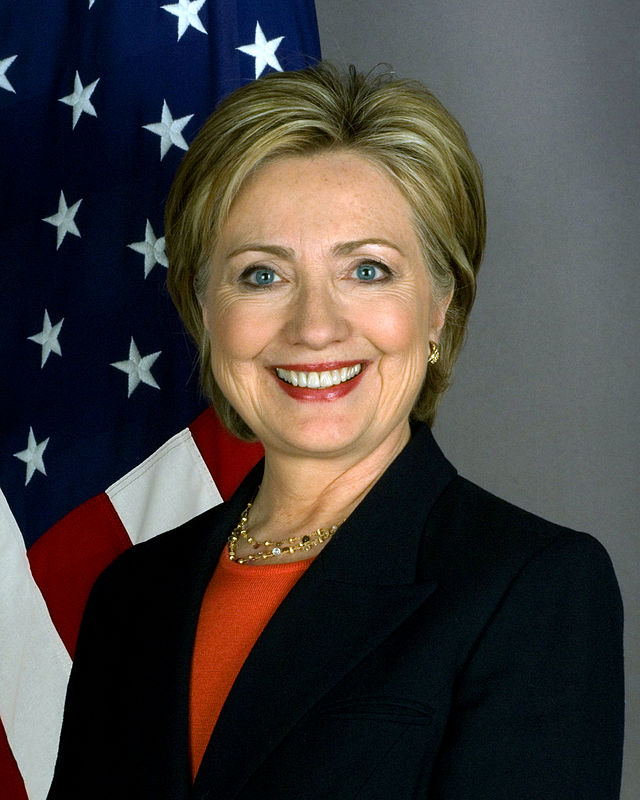With the results of midterms in and 2016 inching closer by the day, it’s time to start making predictions for the next presidential race.
Hillary Clinton has been making the rounds already. She hasn’t been explicitly campaigning for the presidency, but we all know what her aspirations are. You have to hand it to her; she’s a powerful, well-respected woman in American politics. If a woman were to take office in 2016, she would be the most likely candidate.
However, it’s too early to give the election to Clinton (considering she hasn’t even announced candidacy yet), and there’s an enormous chance she won’t make it. Let’s examine why.
Before serving as Secretary of State for the Obama administration, Clinton served as a Senator from New York. Generally speaking, and Professor Arthur Simon in the political science department will have my back with this claim, Americans prefer governors over senators for the nation’s highest office.
This isn’t always the case, as Mitt Romney will tell you, but it’s certainly a trend: Bill Clinton, George W. Bush, Ronald Reagan and Jimmy Carter – four of the last five presidents – were all governors.
Why is this a trend? It has a lot to do with leadership, something Obama is constantly criticized for. Governors are very much the “presidents” of their respective states and handle a significant deal of executive power. Senators, on the other hand, are negotiators and legislators. They may emerge as leaders, but it is definitely not a requisite for the job.
However, Clinton’s biggest challenge will be distancing herself from Obama. Despite winning the reelection in 2012, Obama’s popularity is falling dramatically. Just look at the midterms – Democrats couldn’t distance themselves from the president fast enough.
In 2008, John McCain suffered when the media likened him to Bush. McCain never actually served under Bush, and the two have some significantly different views on policy, but McCain could never shake the allegations. The same will be true for Clinton, except she did serve under Obama for four years and previously campaigned in his support.
Granted, since leaving her position as secretary of state, Clinton has been keen to distance herself from the administration, but it may not be enough. Especially considering her status as the nation’s highest-ranking diplomat and foreign affairs officer when the Benghazi disaster unfolded, costing the life of American Ambassador J. Christopher Stevens. It will be a significant challenge for Clinton to distance herself from an increasingly unpopular president.
Finally, Americans are getting tired of political dynasties. Barack Obama came out of nowhere to sweep the Democratic nomination in 2008 in part because he was a political newcomer; he wasn’t from an established political family, nor had he served a career in politics. Though American voting habits don’t always reflect it, people are dissatisfied with the perception of “more of the same.”
But what about Republicans? You’ve heard enough about Clinton, and the media will only be talking about her more as the election approaches. I’d put my money on Scott Walker, governor of Wisconsin, making a bid at the presidential nomination. The man has won elections three times in four years (yes, you read that correctly), and has prevailed in what looked like an uphill fight against public and private sector unions.
Marco Rubio, Florida’s own Republican senator, I’d wager, will also enter the race and help steer Hispanic voters away from the Democrats. Paul Ryan, Romney’s running mate, may also enter the picture, but it’s too soon to guess where.
But politics isn’t always predictable, and that’s what makes it so fun – if that’s the right word for it. Don’t bet your money on Hillary Clinton securing the presidency or the Democratic nomination yet, because she has a lot going against her.
Keep an open mind as the next election draws near, and keep your eyes on the periphery, lest you miss an up-and-coming new face in American politics.
Will Schaub is a senior majoring in political science and English. He may be contacted at w.schaub@umiami.edu.
Featured image courtesy U.S. Department of State.







